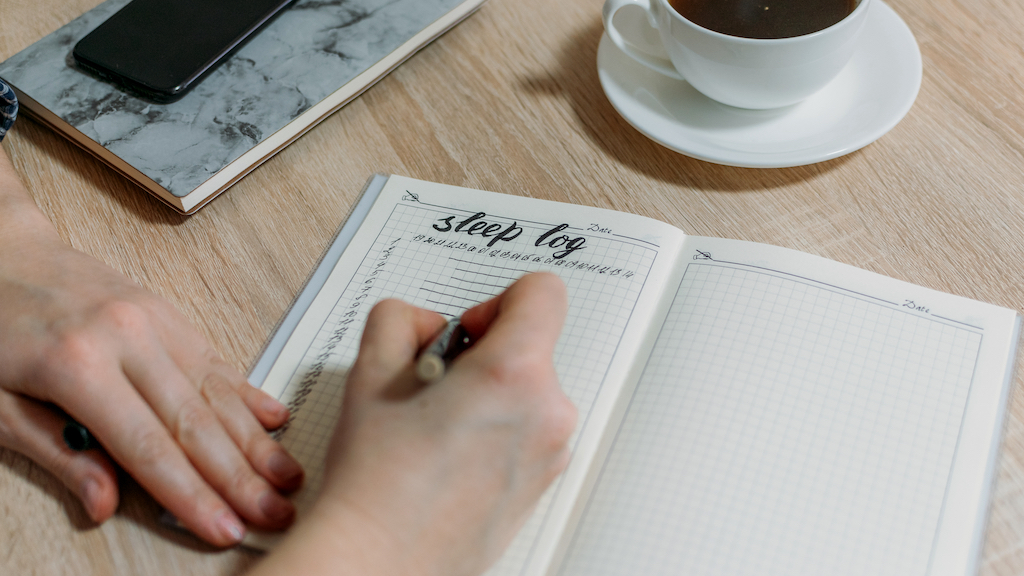From hippocraticpost.com
Anxiety, insomnia, eye problems and headaches are just some of the symptoms the majority of Brits have admitted to experiencing due to their ‘addiction’ to digital devices, new research reveals.
Among the adults polled, the most common ailments suffered after using digital devices include eye strain (78 per cent), headaches (76 per cent), poor sleep (76 per cent) and neck ache (75 per cent). More worrying still, the research revealed a significant psychological impact on tech users with 67 per cent confessing to experiencing insomnia and 68 per cent having suffered from anxiety.
The study, commissioned by Bayfield’s Opticians and Audiologists, was undertaken to understand more about the physical and psychological impact technology is having on our health. It revealed most UK adults have experienced a negative impact on their health as a result of using digital devices, with people saying they use their smart phone (29 per cent), television (20 per cent), laptops (12 per cent) and games consoles (9 per cent) too much. More than one in 10 people (12 per cent) also admitted to being ‘addicted’ to their smart phone, saying they feel compelled to use it even when they don’t want to.
The research also found that younger generations suffer most, with 90 per cent of those aged 18-34 experiencing poor sleep and headaches, 86 per cent experiencing eye strain and 84 per cent suffering from anxiety after using a digital device.
Mark Shelton, Optometrist and Head of Clinical Development at Bayfield’s Opticians and Audiologists, comments: “Technology is good for many things, but it can be a real issue for our health, particularly when it comes to our eyesight – which this data demonstrates.
“Digital eyestrain leads to dry eyes as we don’t blink as frequently when we’re looking at a screen. It can also put an extra burden on the muscles which help the eyes to focus – which can have a more lasting impact on our eye health.
“There are also other more gradual health implications we can encounter such as carpal tunnel syndrome (CTS) which causes numbness and pain in hands and is often caused by typing, bad posture from craning our necks over smartphones and computers and hearing loss due to exposing our ears to loud volumes, which is exacerbated with the growing usage of earbuds and headphones.
“Often, the damage caused by overusing devices happens gradually and may not be noticeable at first – however its often non-reversible, which is why it’s important for people to know how to manage their digital activities.
“There are some practical steps we can take to reduce the risk of developing these symptoms such as taking regular breaks away from screens, reducing the brightness and volume settings on monitors and while it sounds like an obvious one – blinking often to prevent dry eyes. Also discussing any health concerns with a medical professional to get a diagnosis and additional treatment and support where required as persistent symptoms like headaches can be a sign that we’re experiencing changes to our vision that needs managing.
“But prevention is better than cure. As a nation we need to be aware of, and effectively manage our tech usage to avoid the array of health implications which come hand in hand with this digital addiction which is impacting so many of us.”



